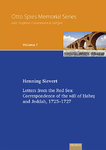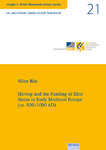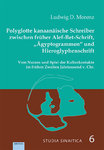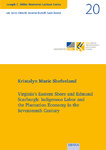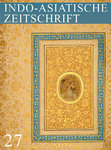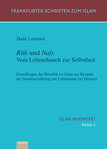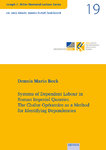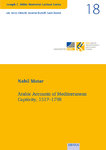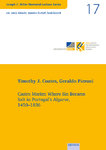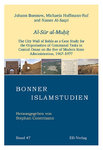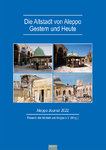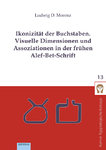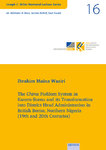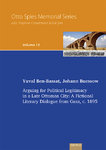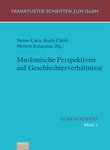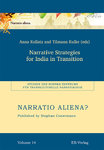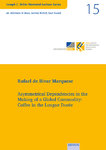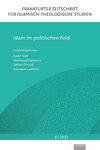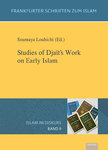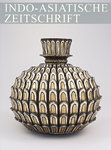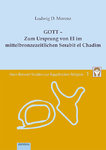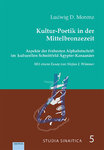- ISLAMWISSENSCHAFT
- ISLAMISCHE_STUDIEN
- JOSEPH C. MILLER MEMORIAL LECTURES SERIES
- ASIENWISSENSCHAFT
- ARCHÄOLOGIE ALS KULTURWISSENSCHAFT
- RELIGIONSWISSENSCHAFT
- RELIGIONSPÄDAGOGIK
- GESELLSCHAFT UND KIRCHE
- KIRCHE UND GEMEINDE
- GESUNDHEIT UND KRANKHEIT
- KINDERGARTENPÄDAGOGIK
- OPEN_ACCESS
- Neuerscheinungen
- In Vorbereitung
- News
- EBook
- Einzelkataloge
Categories ISLAMWISSENSCHAFT Reihe: Bonner Islamstudien (BIS) Band 42: An “Engineer of Social Transformation”?
Band 42: An “Engineer of Social Transformation”?
Product no.: ISBN: 978-3-86893-302-4
In stock
can be shipped within 3 days
302 Seiten, kart.,
15,5 cm x 22,5 cm, 2019
Is Islam compatible with modernity? Can religion empower marginalized communities? What are the advantages that a secular state offers religious people? And must an Islamic society be based on šarīʿa laws?
Asghar Ali Engineer (1939–2013) was one of the most prolific commentators on Islam related issues in post-independence India and dealt with these questions that are also in the core of contemporary Western encounters with Islam. Thereby, he moved within a field of several other Muslim intellectuals that can be framed by the task of balancing fundamentalism and emancipation.
This study focuses on the aspect of liberation theology in Engineer’s work and examines 15 selected essays written from the late 1970s to the early 1990s. It emphasises Engineer’s biographical background, his struggle within the reform movement of his own, the Shiite Daudi Bohra community, as well as his sources and examples. Finally, it deals with the utopian societal idea that appears in Engineer’s writings and critically examines his approaches towards the above mentioned questions.
The Author
From 2008 onwards, Fabian Falter studied Asian Studies at the University of Bonn (Germany) focusing on modern South Asian Studies. Since then, he visited India time and again for a semester abroad, conferences and field trips. His main research interests comprise social and religious minorities, Islam in India, the living together of different communities, as well as European views on South Asia and vice versa. He was funded by the Gerda Henkel Foundation within the research project “Between Fundamentalism and Emancipation”.
Furthermore, Fabian Falter is a board member of the association Südasienbüro e.V. publishing the quarterly journal Südasien (see: www.suedasienbuero.de).



